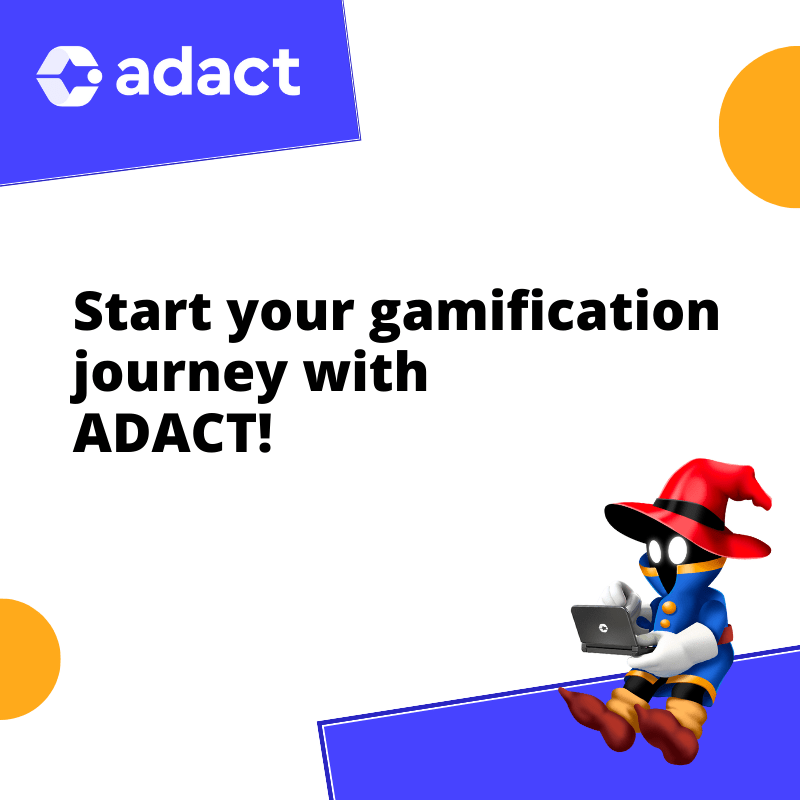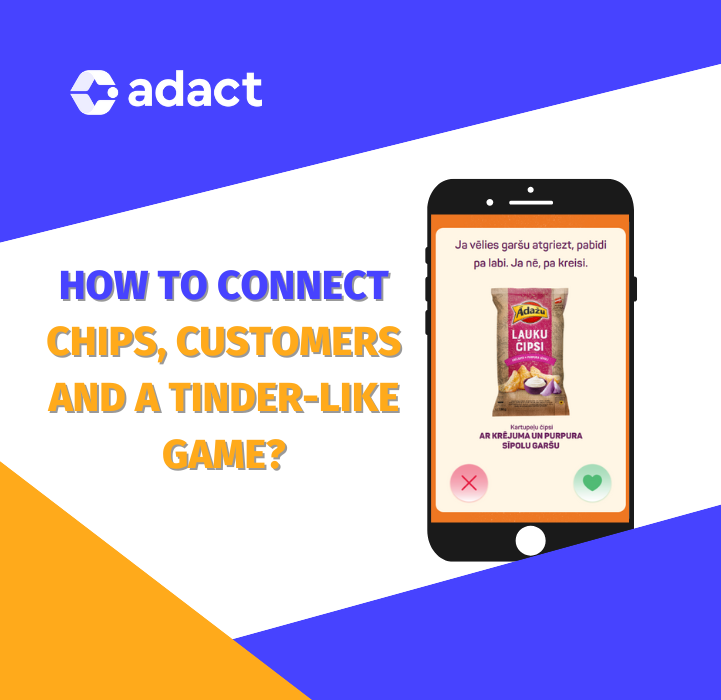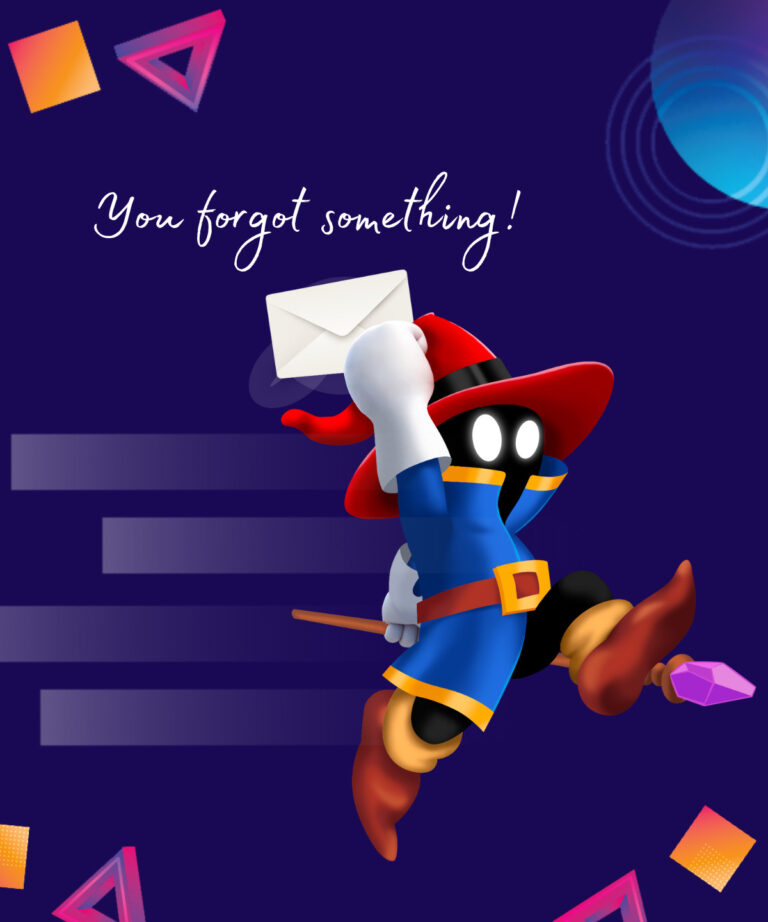Customer engagement: a term that is so widely used in the marketing industry but a few only do it right. This is not the case for a Latvian chip brand called Ādažu. We’ve said that gamification marketing is the unicorn of modern marketing and as time goes on, it really seems like it. But this blog post is not about gamification marketing in general. It is about how Ādažu’s campaign drove the public into a frenzy and crave more nostalgic chips.
What was the goal of the campaign?
Ādažu walked the “customer engagement” path a little differently than usual. They wanted to make something bigger, something greater out of their campaign. Luckily for us, we had the perfect tools to help them achieve set goals.
1. Business goal – To promote historical (limited edition) products to customers and based on their desire bring the chip flavours back to the stores.
2. Consumer behaviour goal – To increase consumer engagement with the Ādažu brand and be the most popular chip brand in the local market
3. Communication goal – To strengthen consumers’ positive and nostalgic associations with the Ādažu brand. And of course to inform consumers about the campaign and invite them to participate in it.
Which game type helped their goals the best?
Gamification marketing works a little bit backwards. You need to start with the goals and then choose a suitable game type. That’s what Ādažu did. They needed to determine TOP3 historical products that consumers want the most to return to the stores. A game type called “Swipe” was chosen. It is a Tinder-like game where consumers have to either like or dislike what is shown to them.
How did they promote the campaign?
You may have a great game with a fabulous design, but they mean nothing when you don’t have any players playing it. This is where game promotion comes in.
Ādažu had the chance to use several marketing channels like radio, online, digital screens and also in-store custom displays.
Every day during the campaign, Radio DJs announced the current results live and commented on their favourite flavours and memories of them.
On digital screens, Ādažu displayed posters announcing which voting round is active.
They also had influencers online talking about the campaign and the possibility to play the game.
Very important channel where consumers got to know about the campaign were stores and POS materials. They asked people to go to Cipsi.lv (which is the brand page) with through QR-code and the first banner they saw there was leading to the game.

Fun Fact
One user from Twitter tweeted at the beginning of shortly before the campaign launch date that all the Latvian brands should stop making new products and flavours and just return the good old ones from the 2000s. After 15 days she noticed that Ādažu is planning to launch that campaign and she thought that it was because of her. Similar interactions spiked people’s interest in the brand activity.
Let’s look at the analytics
Since it was the first time for Ādažu to try out gamification marketing, they didn’t really know what to really expect from it. One thing is for sure – they didn’t expect the campaign to be so popular!
The campaign gained popularity even before it was published. POS materials in stores were available a couple of days before the game had even started and it gained massive attention from the consumers. They were so excited about the game that when the voting game finally launched, a whopping 3836 people voted on the first day. (On normal lottery campaigns the number of registrations in a day is a lot lower). The same trend was carried out for each week the campaign was live as they gathered 19 000+ leads weekly.
In the following weeks (and even after the campaign), people were very actively talking about the campaign. Consumers sometimes even called it the “Chips Tinder”. They loved how easy it is to vote and that they could immediately see the general voting results right after the game. This is a real example of how to raise customer engagement.
Conclusion
It is crucial to think through how you are going to use gamification marketing. How are you going to get players to participate in the campaign, what value does the game offer and what are you trying to achieve using gamification. Ādažu learned that giving people the chance to express their voice and truly engage in brand activities pays off.

Book a Demo
In the meeting, we will take a look at ADACT, discuss different game ideas and how gamification can help reach your marketing goals.




